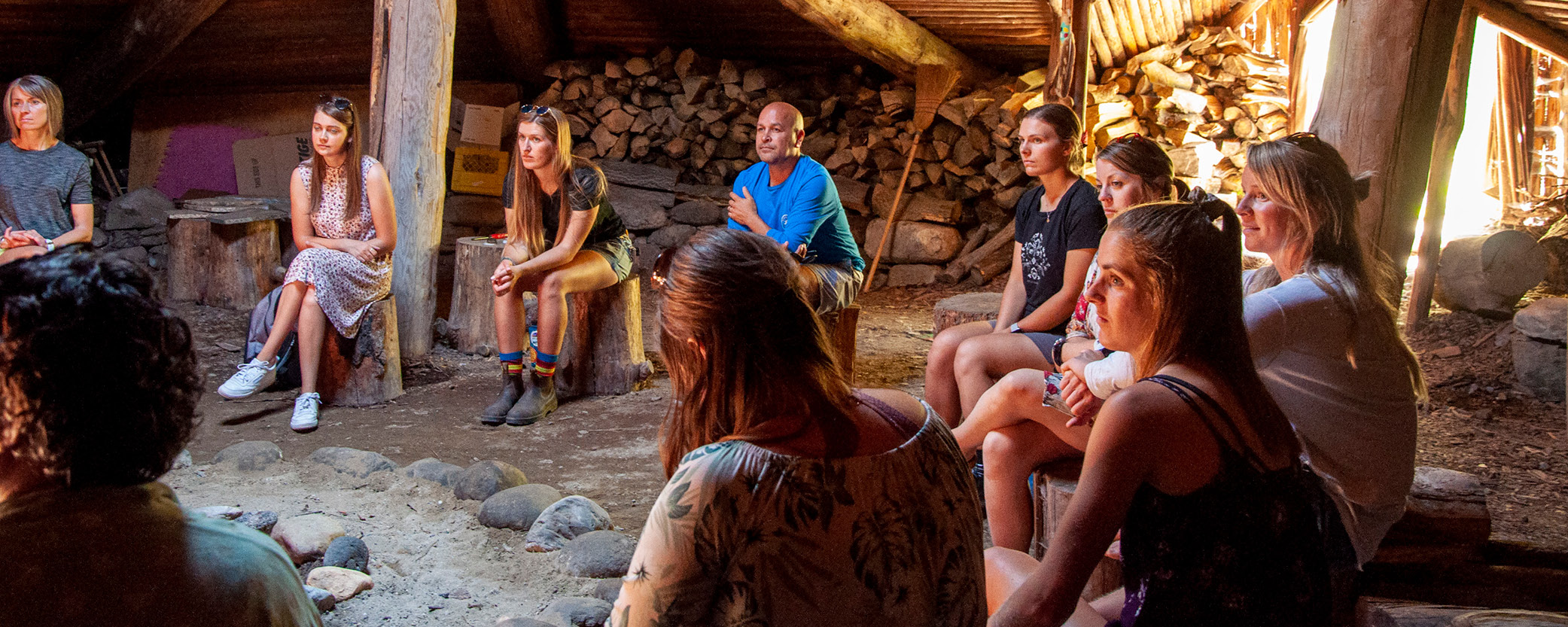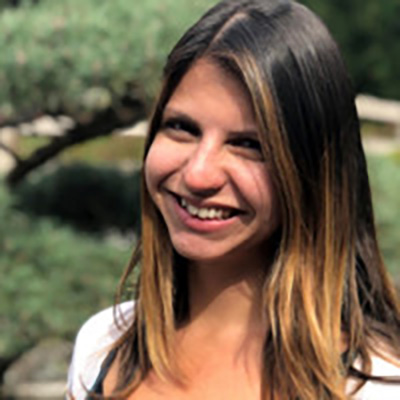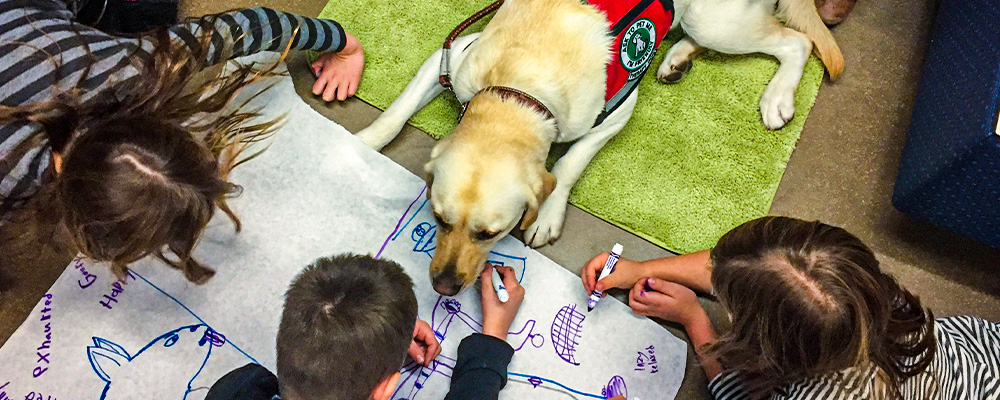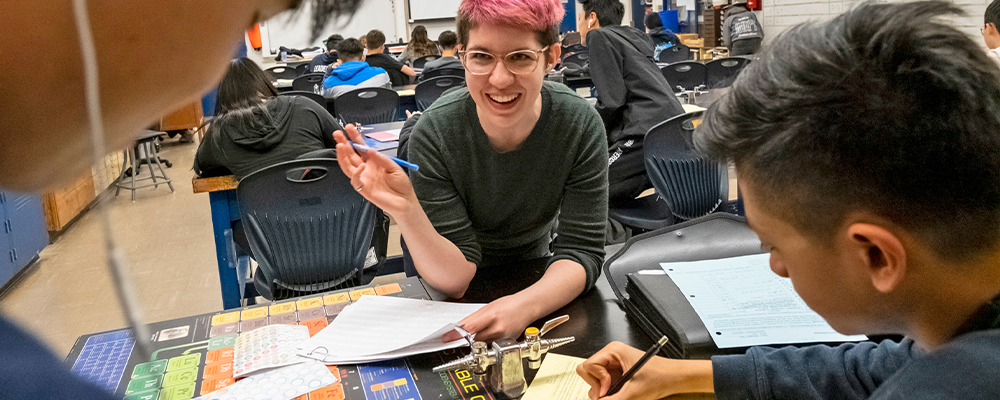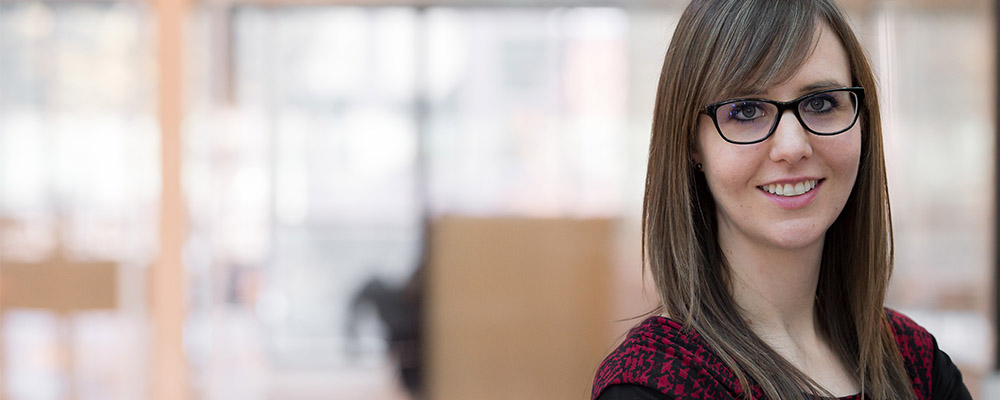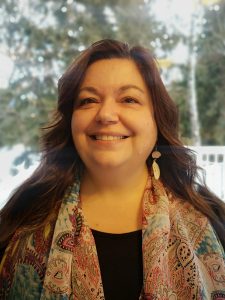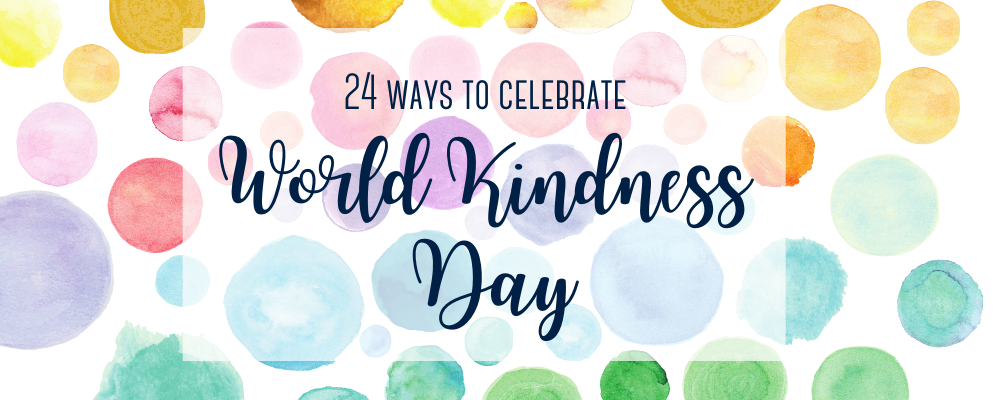When Bréanne Brunel (B.A. ’20, B.Ed. ’21) was finishing high school and contemplating her next steps in life, it came down to three things: teaching youth, French and snowboarding.
Teaching was a natural fit for Brunel. In fact, you might say that teaching runs in the family, as both of Brunel’s parents are educators. Growing up, she spent a lot of time at the school past regular hours and enjoyed the school environment.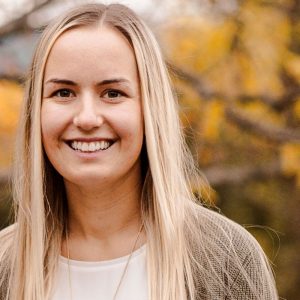
“I always had a love for kids and working with kids, and through my parents I could see the powerful impact that they had on their students,” says Brunel. “And it was that lasting impact teachers can have that ultimately drew me to the profession.”
Originally from a small French-speaking town in Manitoba (population 1,500), Brunel was drawn to UBCO’s small campus and class sizes. The university also offered the programs she needed to achieve her goal of becoming a French teacher. In addition, her family often visited Kelowna for vacations and so she was familiar with the area, and all of the outdoor activities she enjoyed – like snowboarding.
After completing her Bachelor of Arts, majoring in French and Spanish, Brunel began her Bachelor of Education (B.Ed.) program in September 2019. The Okanagan School of Education’s candidate are split into advisory groups based on location of practicum, with the exception of the French cohort.
“We were a lot smaller than some of the other groups and developed a strong bond,” says Brunel. “The cohort felt like a family. We were all different levels of French speakers, some of us were francophone and some hadn’t used their French since their high-school French immersion; but everyone including our Field Advisor, Erika van Oyen was very supportive and encouraging.”
In March 2020, the B.Ed. program transitioned to online courses. Despite the change in delivery, Brunel found joy in her zoom classes.
“I didn’t have a lot of opportunities to talk or hang out in French, so even the zoom check-ins offering the French aspect was a highlight for me,” says Brunel with a laugh.
Brunel completed her B.E.d in December 2020, and is now a full-time French teacher at H.S. Grenda Middle School in Lake Country, B.C., co-teaching grades 6 and 7.
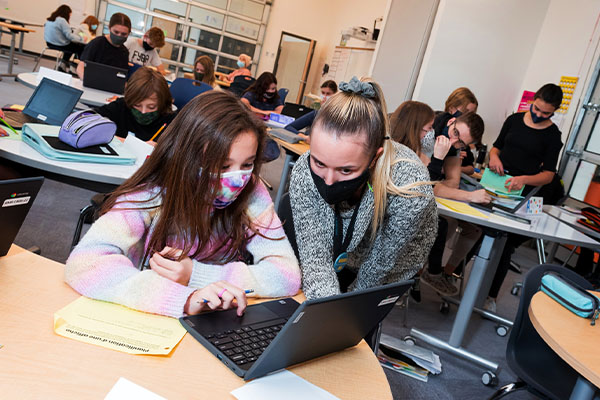
“The students bring so much energy to everything they do,” says Brunel. “I like when my classroom is loud and lively because to me that means they’re talking, sharing their ideas and they’re engaged in the task.”
For some students, learning a new language can seem like a daunting feat or an uninteresting (and maybe boring) task, but Brunel brings in a level of enthusiasm for the language her students can’t resist.
“I’m so proud of being French that when I can share it with other people, it makes me really happy,” says Brunel with a smile. “I want to instill a love for French in my students so we always try to make the language learning aspect fun – like teaching through songs.”
Brunel is currently working on creating unit that the entire school can work on together using French cultural songs. The idea is that then the French immersion and the French as a core subject students can bond through the cultural aspect of music.
“For some of our students, the only time they will practice their French is at school so we want it to be an enjoyable experience,” says Brunel. “I think the more that you can talk and be immersed in the French language, the easier it gets.”
For those interested in pursuing a career in teaching, Brunel encourages new educators to let students be the drivers of their owning learning.
“When I was new to teaching, I felt like I needed to have a plan, follow it and have that structure, whereas now I’m a bit more relaxed, and it’s taken me some time, but I’ve found it to be so much more powerful to let the students guide their own learning. They have all these wonders, and having more flexibility in my teaching allows us to dive deeper in those wonderings, and what actually interests them.”
